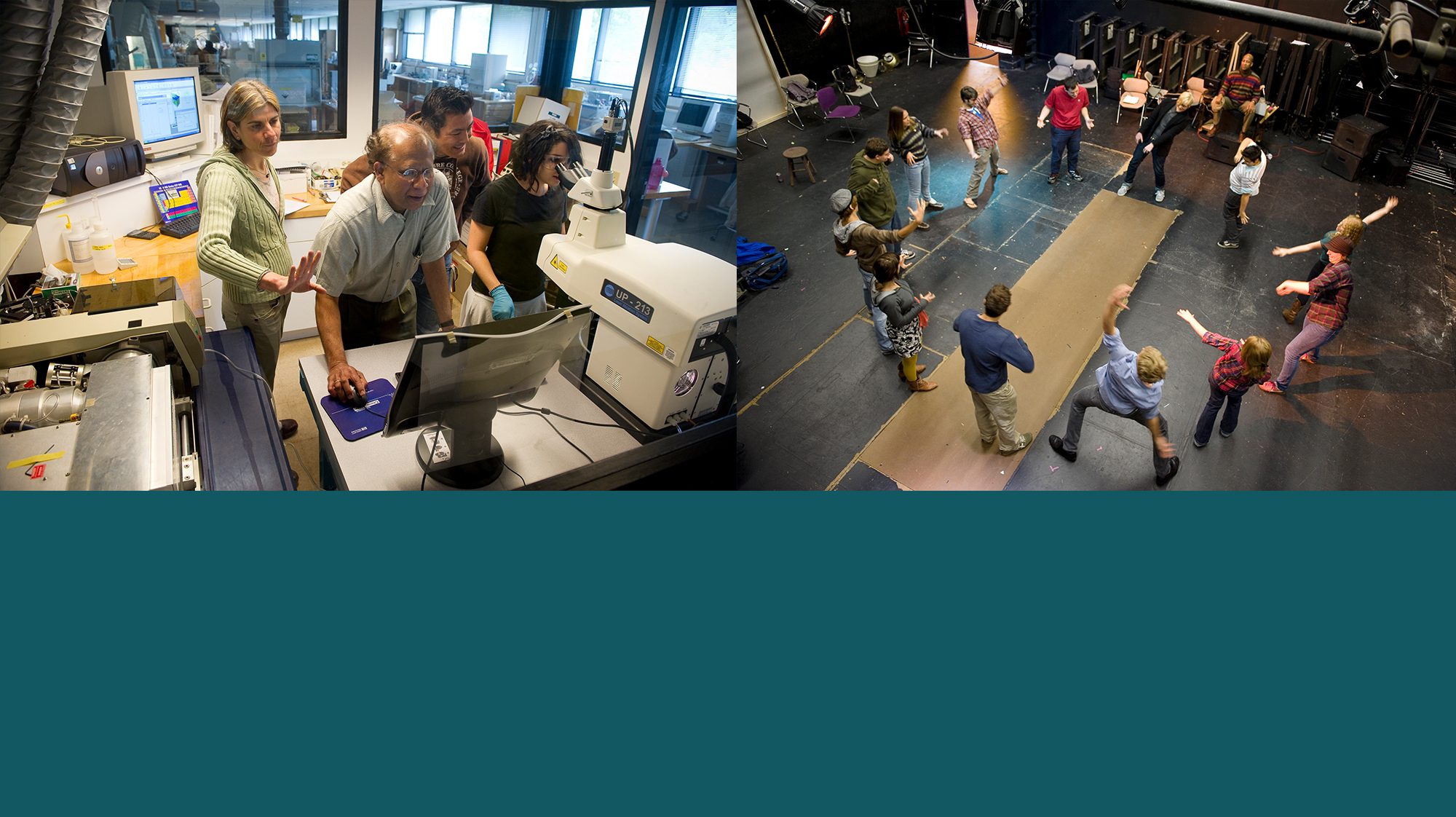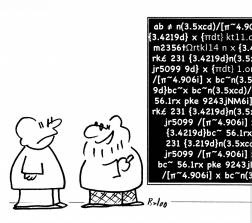Th e Five College Blended Learning Initiative is pleased to announce two new grant opportunities for 2017-18 (with work to begin this summer), one for experienced “blenders,” another for beginners seeking training:
e Five College Blended Learning Initiative is pleased to announce two new grant opportunities for 2017-18 (with work to begin this summer), one for experienced “blenders,” another for beginners seeking training:
- “Stage 2” projects are for faculty members who have already completed at least one major blended teaching project, and who are ready to expand and/or revise based on lessons learned. Read the call for applications and submit. (Deadlines for application are March 1 and May 15, 2017)
- Mini-grants for Training are for faculty members just beginning to explore ways a course (or part of a course) might be blended. Grantees awarded from these grants will be supported to attend one or more “hands on” workshops offered this summer within the Five Colleges or further afield. Read the call for applications and submit. (Deadline for application is March 15.)



